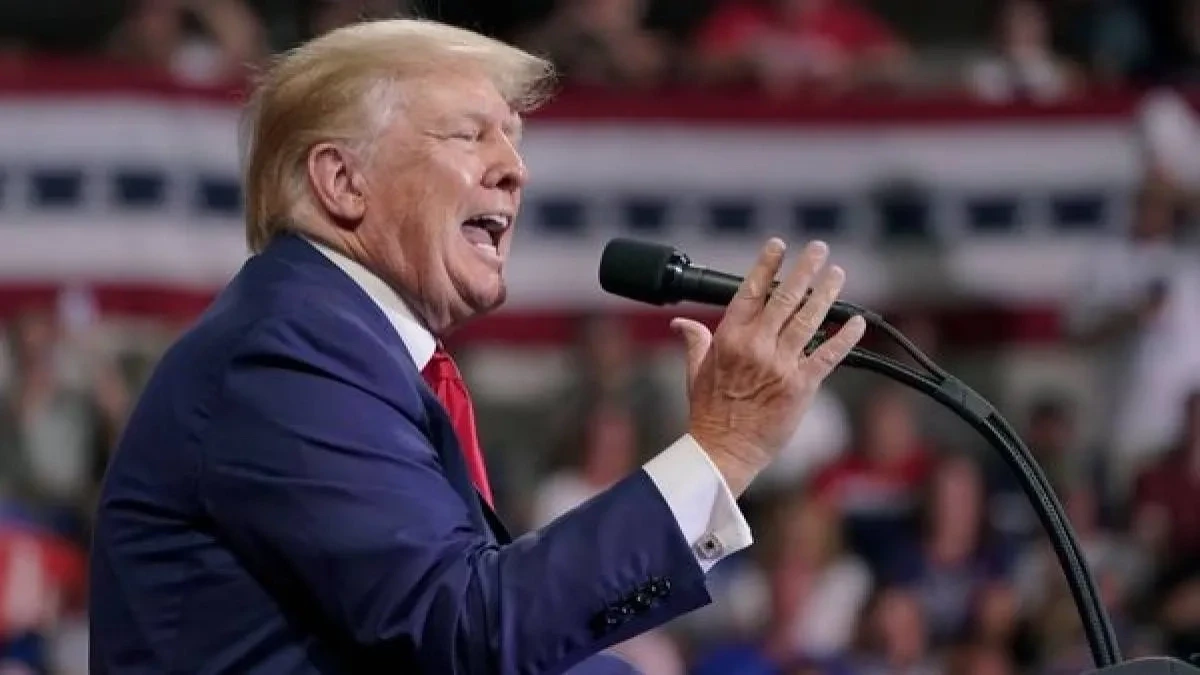The already delicate trade relationship between India and the United States has come under renewed stress after U.S. President Donald Trump accused New Delhi of pursuing a “one-sided” arrangement.
In a Truth Social post, Trump argued that while India profits substantially from trade with the U.S., American companies face steep barriers in the form of high Indian tariffs.
Calling the imbalance a “totally one-sided disaster,” Trump noted that India has historically turned to Russia for oil and defence products rather than sourcing from the U.S. He dismissed recent Indian proposals to reduce tariffs to zero as “too late.”
Escalating Tariff Measures
The criticism follows Washington’s new trade actions. On July 31, the U.S. imposed a blanket 25% tariff on all commodities. Less than a week later, Trump signed an executive order adding another 25% tariff-this time targeting India’s import of Russian oil. The move, he said, was necessary to curb New Delhi’s support of Moscow’s “war machine.”
These measures have further complicated prospects for a bilateral trade agreement (BTA) that was expected to be concluded later this year. According to The New York Times, Trump has also cancelled his planned visit to New Delhi for the Quad Leaders Summit, reflecting the chill in ties.
Strong Words from Washington
Trump’s trade advisor Peter Navarro went so far as to describe the Russia-Ukraine conflict as “Modi’s war,” arguing that India’s oil purchases from Moscow weaken Western efforts to isolate Russia. Vice President J.D. Vance defended the administration’s approach, saying “aggressive economic leverage,” including secondary tariffs on India, is essential to pressuring Moscow.
India’s Position
New Delhi, however, has reiterated its commitment to strategic autonomy. Vinay Kumar, India’s ambassador to Russia, stressed that Indian companies would “continue buying oil from wherever they get the best deal.” Indian officials also argue that Europe and China are still purchasing Russian energy, yet the U.S. appears to single out India for criticism. Russia, for its part, has publicly backed India’s right to determine its trade partners and denounced Washington’s tariff measures.
Outlook
The clash over tariffs underscores the growing friction in India-U.S. relations, once expected to converge on trade and security cooperation. While Washington views tariffs as leverage against Moscow, India remains determined to safeguard its economic interests. How both nations navigate these differences will influence not only their bilateral partnership but also the broader global trade environment.
